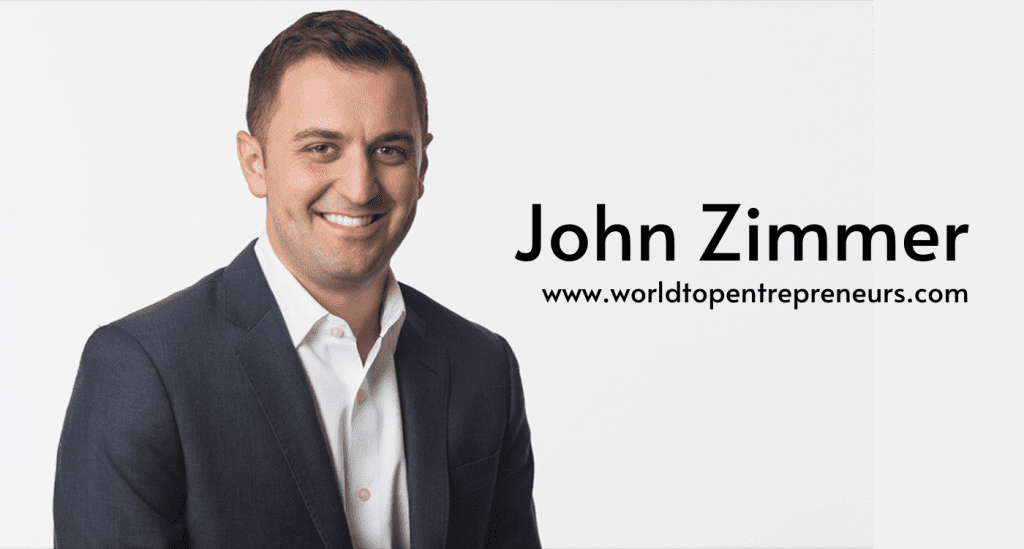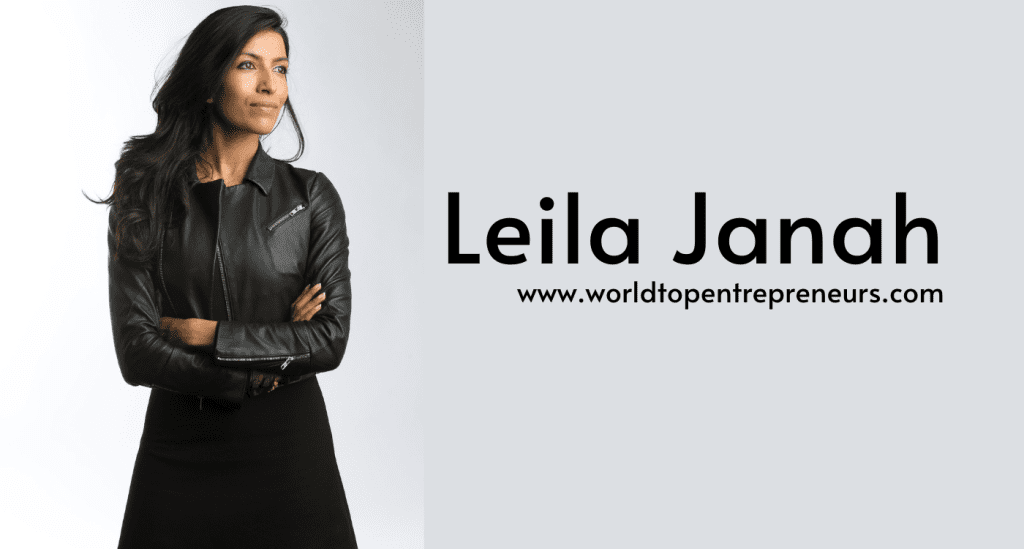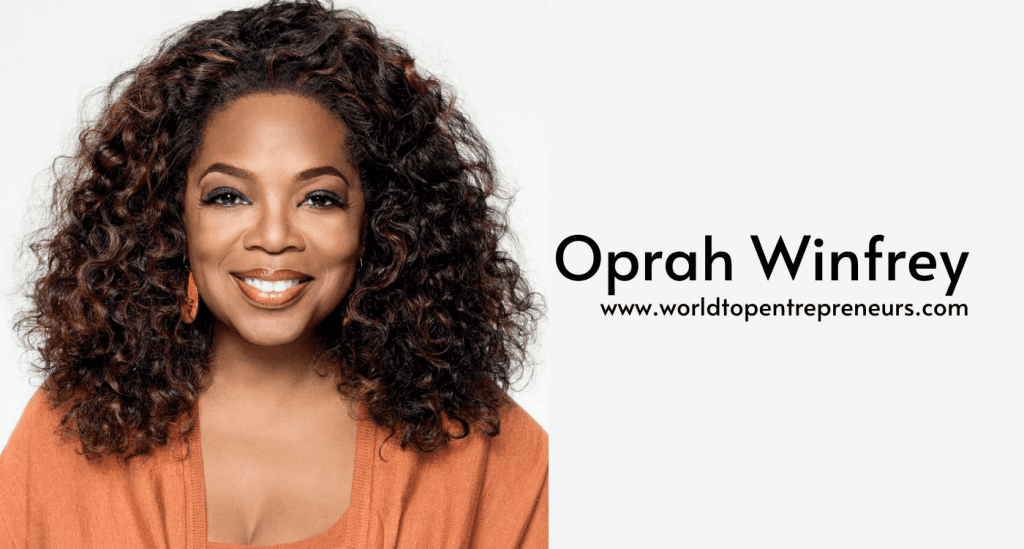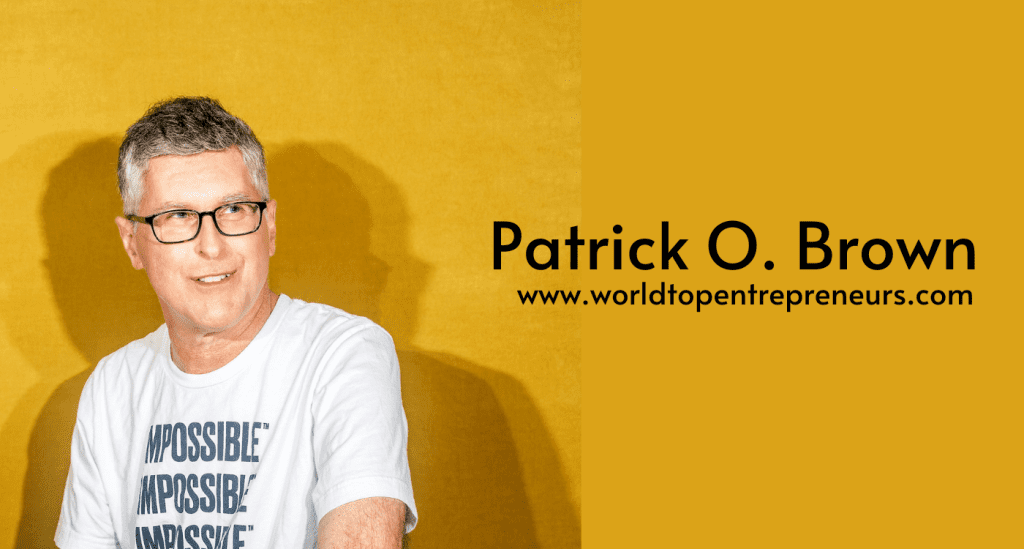In the dynamic world of entrepreneurship, where uncertainty lurks around every corner and failure rates loom large, Eric Ries emerges as a beacon of innovation and resilience. His groundbreaking work in formulating the Lean Startup methodology has not only transformed how startups approach product development but has also inspired a global movement towards more efficient and sustainable business practices. This article delves deep into Eric Ries’s journey, his principles, and the profound impact of the Lean Startup on the entrepreneurial landscape.
Early Influences and Formative Years
Eric Ries’s path to becoming a leading figure in startup methodology was shaped by a blend of academic curiosity, hands-on experience, and a keen observation of industry practices. Born and raised in the United States, Ries demonstrated an early penchant for technology and entrepreneurship. His educational journey took him to Yale University, where he pursued studies in computer science and later honed his skills in programming and software development.
It was during his tenure at There, a virtual reality startup in the early 2000s, that Ries encountered the harsh realities of traditional product development cycles. The company, like many others at the time, invested heavily in building a complex product without validating market demand. This experience planted the seeds of dissatisfaction with conventional business strategies and sowed the initial concepts that would eventually culminate in the Lean Startup methodology.
Genesis of the Lean Startup Methodology
The Lean Startup methodology emerged from Eric Ries’s quest to find a more effective approach to launching new products in an uncertain and rapidly changing market environment. Drawing inspiration from lean manufacturing principles pioneered by Toyota, Ries sought to apply similar concepts to the context of startups and innovation.
Central to the Lean Startup philosophy is the idea of validated learning through rapid iteration and experimentation. Instead of developing a fully-featured product over a long period, Ries advocated for creating a Minimum Viable Product (MVP) – a basic version of the product that allows entrepreneurs to test their hypotheses and gather real-world feedback from early adopters. This iterative process of build-measure-learn enables startups to quickly adapt their product based on customer insights and market dynamics, thereby reducing the risk of failure and conserving precious resources.
Key Principles of the Lean Startup
At the heart of Eric Ries’s methodology are several key principles that guide entrepreneurs in navigating the uncertain terrain of startup ventures:
Build-Measure-Learn: This iterative cycle forms the foundation of the Lean Startup approach, emphasizing the importance of quickly building a prototype, measuring its performance, and learning from user feedback to make informed decisions.
Validated Learning: Instead of relying solely on assumptions or predictions, startups should focus on conducting experiments that validate or invalidate their hypotheses. This empirical approach ensures that decisions are based on real data rather than speculation.
Minimum Viable Product (MVP): The concept of MVP encourages startups to develop a basic version of their product with the minimum features necessary to test its viability in the market. This allows for early validation and avoids wasting time and resources on developing elaborate products that may not meet customer needs.
Pivot or Persevere: Based on the feedback received from users and the results of experiments, startups should be prepared to pivot – making significant changes to their product or business model – or persevere by scaling what works. This flexibility is crucial in responding to market dynamics and evolving customer preferences.
Spreading the Lean Startup Movement
Eric Ries’s seminal work, “The Lean Startup: How Today’s Entrepreneurs Use Continuous Innovation to Create Radically Successful Businesses,” published in 2011, served as a catalyst for the widespread adoption of his methodology. The book not only articulated the principles of the Lean Startup in detail but also provided practical insights and case studies from successful startups that had embraced this approach.
Beyond the written word, Ries actively engaged with the startup community through speaking engagements, workshops, and mentorship programs. His efforts contributed to building a global network of entrepreneurs, investors, and innovators who championed the Lean Startup principles and applied them across diverse industries and geographical locations.
Impact on Entrepreneurship and Business Innovation
The Lean Startup methodology has had a profound impact on how entrepreneurship is practiced worldwide. By encouraging a shift from traditional business planning and long development cycles to a more iterative and customer-focused approach, Ries empowered startups to innovate faster, mitigate risks, and increase their chances of success.
One of the notable outcomes of adopting the Lean Startup methodology is the democratization of entrepreneurship. Startups no longer require extensive resources or years of industry experience to bring a new idea to market. Instead, entrepreneurs can leverage rapid experimentation and validated learning to refine their product offerings and business models efficiently.
Moreover, the Lean Startup has reshaped corporate innovation strategies, prompting established companies to adopt entrepreneurial practices such as intrapreneurship, corporate incubators, and accelerators. By embracing agility and experimentation, corporations aim to stay competitive in an era defined by technological disruption and changing consumer expectations.
Criticisms and Evolving Perspectives
While the Lean Startup methodology has garnered widespread acclaim, it is not without its criticisms and challenges. Critics argue that the emphasis on speed and experimentation may lead to premature scaling or overlooking long-term strategic goals. Moreover, some entrepreneurs struggle with the disciplined execution required to effectively implement Lean Startup practices, particularly in industries with longer development cycles or regulatory constraints.
Eric Ries himself has acknowledged these critiques and continues to evolve his perspectives on entrepreneurship and innovation. In recent years, he has expanded his focus beyond startups to explore how Lean principles can be applied in sectors such as healthcare, education, and government, where innovation and efficiency are equally crucial.
Eric Ries: A Thought Leader and Visionary
Beyond his contributions to entrepreneurship, Eric Ries is revered as a thought leader whose ideas transcend business principles. He advocates for a culture of continuous improvement and learning, urging individuals and organizations to embrace experimentation, resilience, and empathy in their pursuit of innovation.
In addition to his role as an author and speaker, Ries is actively involved in various initiatives aimed at fostering entrepreneurial ecosystems and supporting aspiring founders. Through his venture capital firm, Long-Term Stock Exchange (LTSE), Ries seeks to redefine corporate governance and align incentives for long-term value creation.
Conclusion: The Lean Startup Legacy
In conclusion, Eric Ries’s journey from disillusioned entrepreneur to influential startup guru underscores the transformative power of innovative thinking and perseverance. Through the Lean Startup methodology, Ries has not only provided a roadmap for startups to navigate uncertainty but has also sparked a cultural shift towards agility, experimentation, and customer-centricity in business.
As we look ahead, the principles of the Lean Startup continue to shape the future of entrepreneurship, inspiring a new generation of innovators to challenge the status quo, disrupt industries, and create value in ways previously unimaginable. Eric Ries’s legacy serves as a reminder that true innovation stems not just from visionary ideas but from the relentless pursuit of learning, adaptation, and meaningful impact in the world.
In the words of Eric Ries himself, “The only way to win is to learn faster than anyone else.” Indeed, the Lean Startup methodology embodies this philosophy, empowering entrepreneurs to turn adversity into opportunity and uncertainty into a catalyst for growth.
Eric Ries, through his pioneering spirit and unwavering dedication to innovation, has forever changed the entrepreneurial landscape, leaving an indelible mark on business practices and inspiring countless individuals to embark on their own journey of startup success.





















